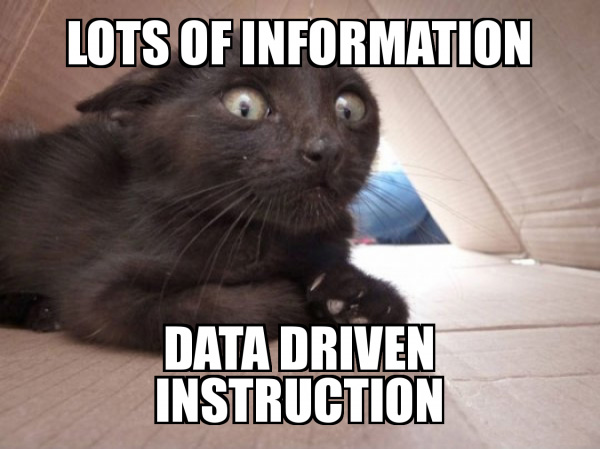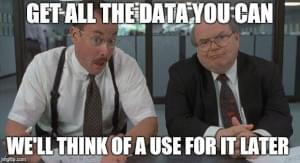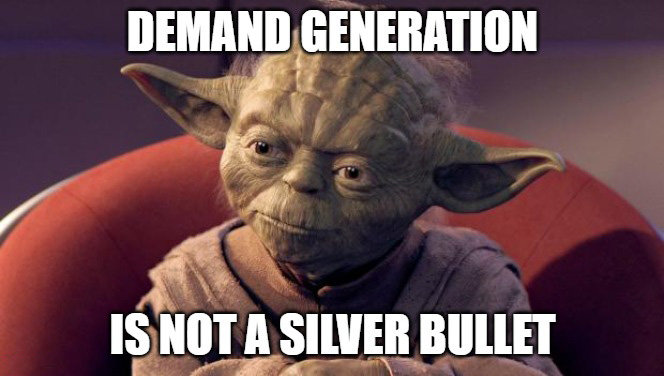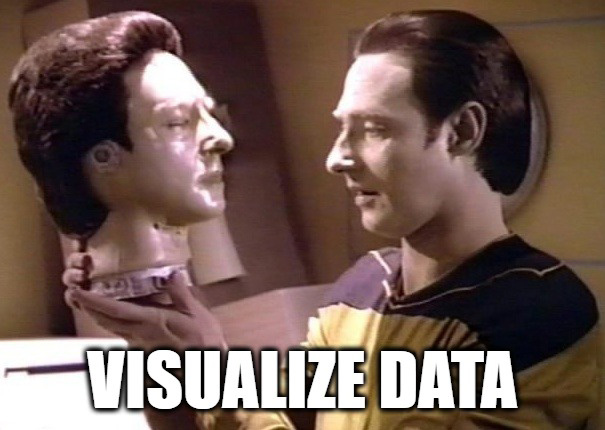Understanding Data-Driven Marketing
Data-driven marketing refers to strategies and tactics that utilize data collected through consumer interactions and third parties to gain a better view of customer motivations, preferences, and behaviors. This approach enables marketers to optimize and personalize their marketing efforts to increase return on investment (ROI).
Example in a Sentence:
The company leveraged data-driven marketing to analyze customer behavior and tailor personalized campaigns, resulting in a significant boost in engagement.

Why Data-Driven Marketing Is Essential
Implementing data-driven marketing offers several key benefits:
- Enhanced Personalization: By analyzing customer data, businesses can create personalized experiences that resonate with individual preferences and needs.
- Improved Decision-Making: Data-driven insights enable marketers to make informed decisions, reducing guesswork and enhancing strategy effectiveness.
- Increased Efficiency: Utilizing data helps in identifying the most effective channels and messages, optimizing resource allocation, and improving campaign performance.
- Better Customer Insights: Collecting and analyzing data provides a deeper understanding of customer behaviors and trends, aiding in the development of more targeted marketing strategies.
Key Components of Data-Driven Marketing
- Data Collection: Gathering relevant data from various sources, including customer interactions, social media, and third-party providers.
- Data Analysis: Processing and interpreting collected data to uncover patterns, trends, and insights that inform marketing strategies.
- Segmentation: Dividing the target audience into distinct groups based on shared characteristics or behaviors to tailor marketing efforts effectively.
- Personalization: Crafting customized messages and offers that align with the specific preferences and needs of different customer segments.Wikipedia
- Performance Measurement: Tracking and evaluating the outcomes of marketing campaigns to assess effectiveness and inform future strategies.
More Definitions
(From the Sales & Marketing Jargon Encyclopedia)
- AI-Driven Marketing
Utilizing artificial intelligence to automate advertising tasks and analyze data to predict customer behavior, thereby creating personalized experiences.
Read more › - Attribution Model
A framework that assigns credit for conversions to different touchpoints in a customer’s journey, helping businesses identify which efforts drive sales or leads.
Read more › - Adaptive Marketing
A flexible approach that allows businesses to adjust their marketing strategies based on real-time data, market trends, and customer behavior.
Read more › - Interactive Marketing
A strategy that encourages direct engagement between brands and consumers through personalized, two-way communication.
Read more › - Hybrid Marketing
An approach that combines traditional and digital marketing strategies to create a cohesive and effective marketing plan.
Read more ›
Useful Posts
(From the Sales Funnel Professor Blog)
- Understanding B2B Sales Funnels: Definitions and Examples
An exploration of B2B sales funnels, their stages, and real-world applications to enhance conversion rates and customer relationships.
Read more › - How to Find Low-Hanging Fruit in Sales & Marketing
Strategies for identifying and capitalizing on immediate opportunities to boost sales and marketing effectiveness.
Read more ›












